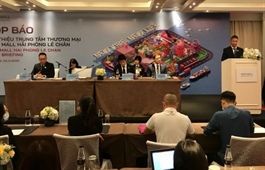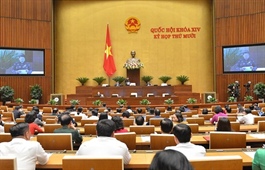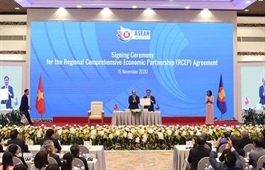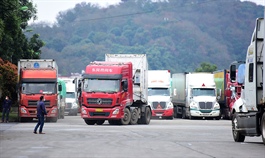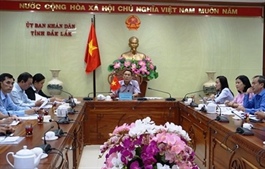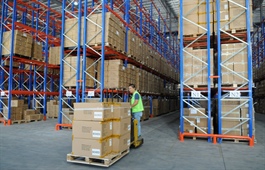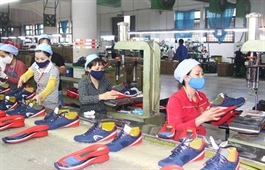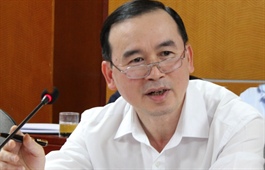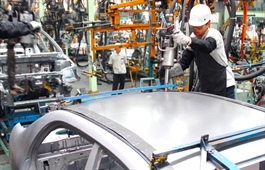Hanoi issues detailed plan to implement EVFTA
Hanoi issues detailed plan to implement EVFTA
More than a month since the EU-Vietnam Free Trade Agreement (EVFTA) took effect, many exporters are describing positive changes in the EU market. The Hanoi People’s Committee has issued a plan to implement the agreement in order to take advantage of its opportunities.
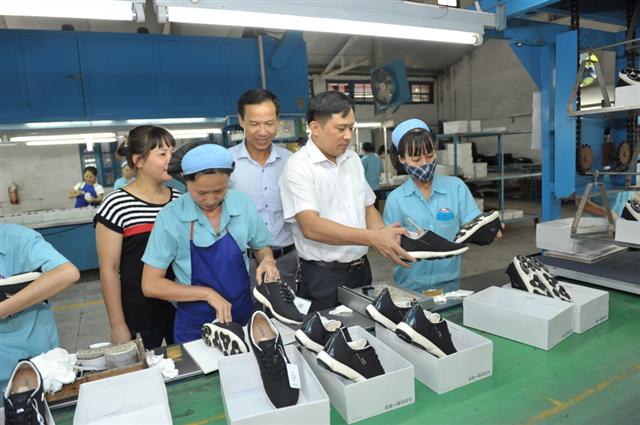
The EU has high requirements for product quality
|
Positive indications for Hanoi’s EU exports
The EVFTA is the most beneficial of all the free trade agreements (FTAs) signed by Vietnam. The agreement, which went into effect on August 1, 2020, has already diversified Vietnam’s export markets and commodities, especially the advantageous exports that now enjoy import tax cuts, such as agricultural and seafood products, furniture, textiles, garments, leather, footwear, and electronics. The agreement foresees the initial elimination of 85.6 percent of import tariffs, equivalent to 70.3 percent of Vietnam’s EU export revenues. Within seven years, 99.2 percent of tariffs, equivalent to 99.7 percent of Vietnam’s export value will be zeroed out.
Regarding the remaining 0.3 percent of Vietnam’s export revenues, the EU has pledged to provide Vietnam with set zero-rate quotas.
Deputy Director of Hanoi’s Department of Industry and Trade Nguyen Thanh Hai said the EU is among Hanoi’s five major export markets, accounting for more than 14 percent of the city’s total export turnover with an average growth rate of 10.3 percent a year. Hanoi’s major exports to the EU include machinery and spare parts (25.3 percent), textiles and garments (22.8 percent), agricultural products (9.1 percent), footwear and leather products (6.1 percent), and electronic components and computers (4.8 percent).
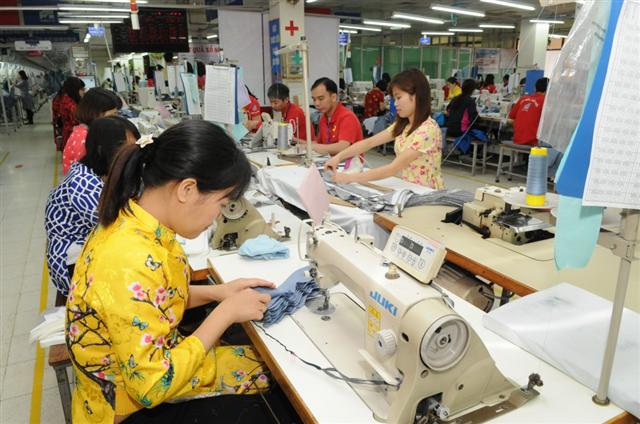
Textiles and garments are among Hanoi’s major exports to the EU
|
Guiding principles
The Hanoi People’s Committee issued Plan 177/KH-UBND dated September 1, 2020 on the EVFTA implementation. Under the plan, departments, sectors and districts build their specific roadmaps to implement their own socioeconomic tasks based on the following principles.
First, strengthening communication and dissemination of information about the EVFTA and European markets. Accordingly, Hanoi focuses on training the city’s officials, civil servants and businesses to make sure they understand clearly and correctly EVFTA’s regulations and commitments in each specific branch of knowledge and field.
Second, improving competitiveness and developing human resources to take advantage of the opportunities that EVFTA provides. That means improving the investment and business environment, encouraging innovative start-ups; promoting trade programs to inform EU business communities about the opportunities and advantages of doing business in Vietnam, thereby developing trade relations and attracting foreign investment in key areas of Hanoi.
Hanoi will evaluate the impacts of the trade pact on labor, employment, society, and propose solutions to implement the agreement effectively in the city.
Third, strictly observing Vietnam’s commitments and obligations under the EVFTA. Hanoi will therefore review current legal documents to propose amendments, supplements or new legal documents in compliance with the EVFTA.
Fourth, implementing new labor and trade union commitments under the EVFTA and the Comprehensive and Progressive Agreement for Trans-Pacific Partnership (CPTPP). Accordingly, Hanoi will review legal documents, mechanisms, policies on labor relations in accordance with international standards, commitments and conventions; train and improve the capability of State officials, management agencies and personnel administration directors at enterprises; promote dialogue and negotiation activities at enterprises, as well as mediation and labor arbitration.
| Deputy Director of Hanoi’s Department of Industry and Trade Nguyen Thanh Hai: The EU has very high requirements for product quality as well as production process. Therefore, in order to increase exports to the EU, Vietnamese businesses need to improve their competitiveness, and ensure that Vietnamese goods comply with EVFTA commitments. |







